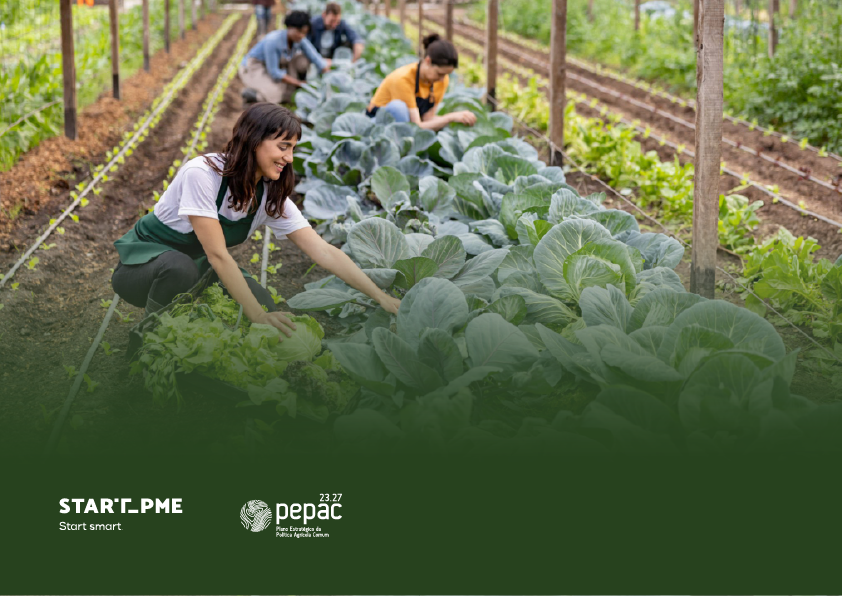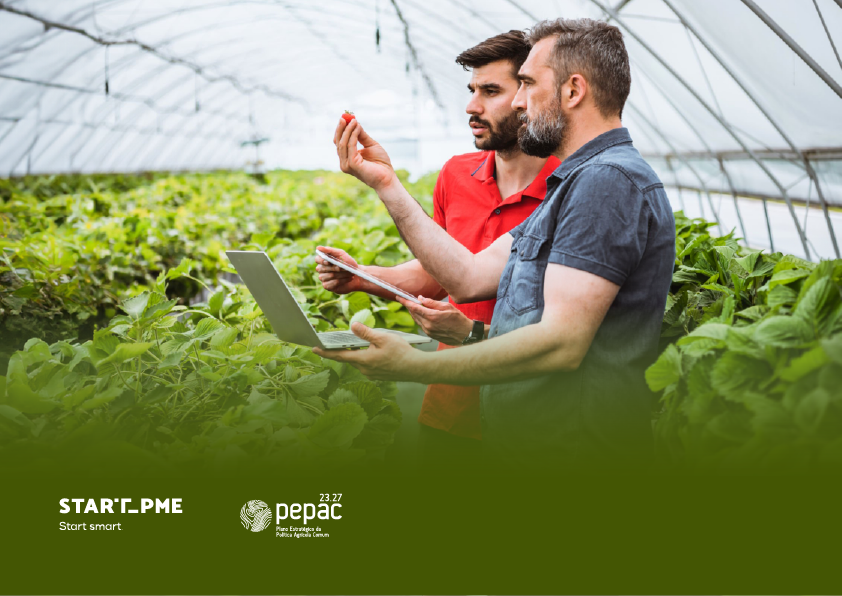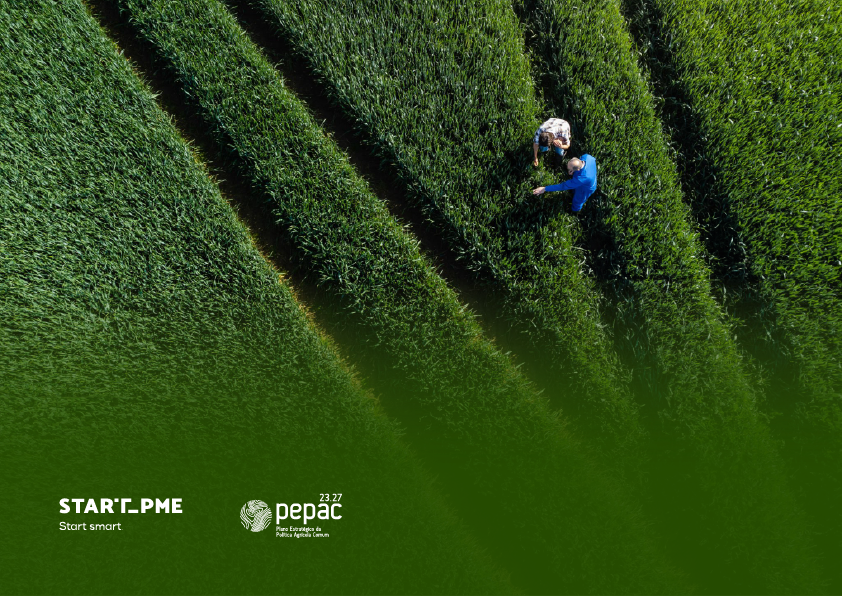
Training and Information
PEPAC
This incentive aims to promote the skills of young farmers and make the agricultural sector profitable through training actions on preserving and strengthening biodiversity, preventing the degradation of natural resources and adapting to climate change, particularly in collective irrigation systems. This support also aims to improve digital and financial literacy and access to bank financing, boosting the digital transition in the agricultural sector.
Programme Status
Preliminary Stage
Financing
Up to 150.000€
Territory
National Territory
Eligible Entities
Legal Entity
Private Entity
Public Entity

Training and Information
PEPAC
This incentive aims to promote the skills of young farmers and make the agricultural sector profitable through training actions on preserving and strengthening biodiversity, preventing the degradation of natural resources and adapting to climate change, particularly in collective irrigation systems. This support also aims to improve digital and financial literacy and access to bank financing, boosting the digital transition in the agricultural sector.
Programme Status
Preliminary Stage
Financing
Up to 150.000€
Territory
National Territory
Eligible Entities
Legal Entity
Private Entity
Public Entity




